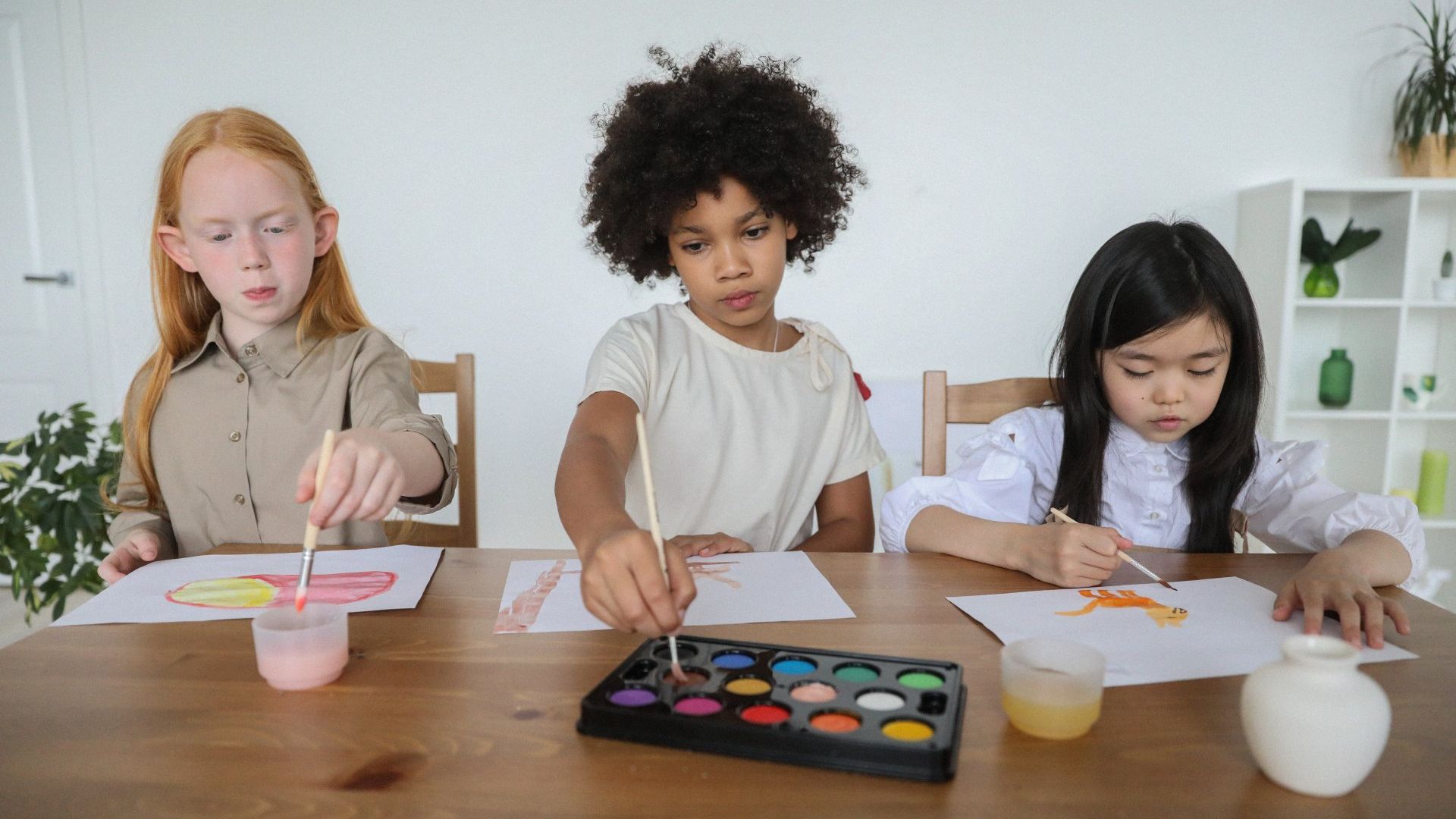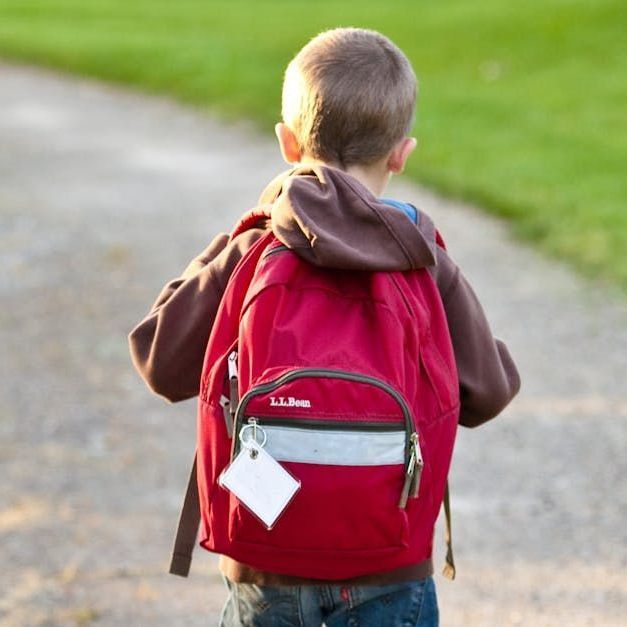Recognizing Signs of Developmental Delays in Pre-school to Preteen Children

Childhood is a period of rapid growth and learning. As kids progress from the playful days of pre-school to the more structured world of preteens, they are continually mastering new skills, expanding their knowledge, and refining their abilities. While every child grows and matures at their own pace, there are standardized milestones that serve as guidelines for typical development. Sometimes, children may show signs of developmental delays in reaching these benchmarks. Recognizing these signs early is pivotal to providing timely support and intervention. Here's what you need to know.
1. What are Developmental Delays?
Developmental delays occur when a child does not achieve age-appropriate milestones in one or more of the following areas: cognitive, social and emotional, speech and language, fine and gross motor skills, or daily activities (like dressing or feeding themselves).
2. Signs of Developmental Delays:
- Cognitive Skills: By the preteen years, children should be able to solve basic problems, follow multi-step instructions, and understand concepts of time (like days, weeks, and months). Delays might manifest as difficulty in understanding cause and effect, challenges with memory, or struggles with basic logical reasoning.
- Social and Emotional Skills: A child with social and emotional delays might have difficulty understanding or expressing their own emotions. They might struggle with forming friendships, understanding social cues, or adapting to new situations. Issues like not playing with peers, difficulty understanding others' emotions, or lack of interest in group activities can be indicative.
- Speech and Language Skills: While occasional mispronunciations or grammatical errors are normal, consistent difficulty in forming sentences, limited vocabulary, persistent stuttering, or challenges in understanding age-appropriate stories or instructions can suggest a delay.
- Fine and Gross Motor Skills: By pre-school, most kids can hold a pencil, start drawing basic shapes, and engage in activities like hopping, jumping, or climbing. By preteen years, these skills are even more refined. If a child shows consistent difficulty with tasks like buttoning shirts, using scissors, balancing on one foot, or coordinating movements in sports, it could indicate a delay.
- Daily Activities: Children should gradually become more independent in tasks like dressing, brushing teeth, or using the restroom. Consistent struggles or regression in these areas might be a sign of a developmental delay.
3. Causes of Developmental Delays:
Multiple factors can contribute to developmental delays. Some potential causes include premature birth, genetic conditions (like Down syndrome), environmental factors, or complications during pregnancy or birth. At times, the exact cause might remain unknown.
4. When to Seek Help:
It's crucial to remember that every child is unique. Occasional hiccups or temporary setbacks in development can be part of growing up. However, if you observe:
- Persistent struggles in a specific developmental area.
- Several delays across multiple areas.
- A sudden regression in skills the child previously mastered.
It's a good idea to consult with a pediatrician or a child development specialist.
5. Early Intervention is Key:
If a child is diagnosed with a developmental delay, early intervention can make a significant difference. Tailored therapy or special education can address the specific challenges the child faces, providing them with tools and strategies to navigate their world.
6. Supporting a Child with Developmental Delays:
- Stay Informed: Understand the nature of the delay and educate yourself on the best ways to support your child.
- Engage in Therapy: Occupational, physical, speech, or behavioral therapies can offer immense help, depending on the type of delay.
- Advocate for Your Child: Ensure your child receives the necessary accommodations in school and other environments.
- Foster a Supportive Environment: Encourage your child's strengths, celebrate their achievements, and ensure they have a loving, understanding, and patient environment at home.
Recognizing signs of developmental delays can be concerning for any parent. However, with early identification, intervention, and unwavering support, children can reach their full potential and lead fulfilling, enriching lives. It's essential to approach this journey with patience, understanding, and a focus on the child's strengths and capabilities. After all, every child is a unique individual, and with the right tools and environment, they can shine in their own exceptional way.










